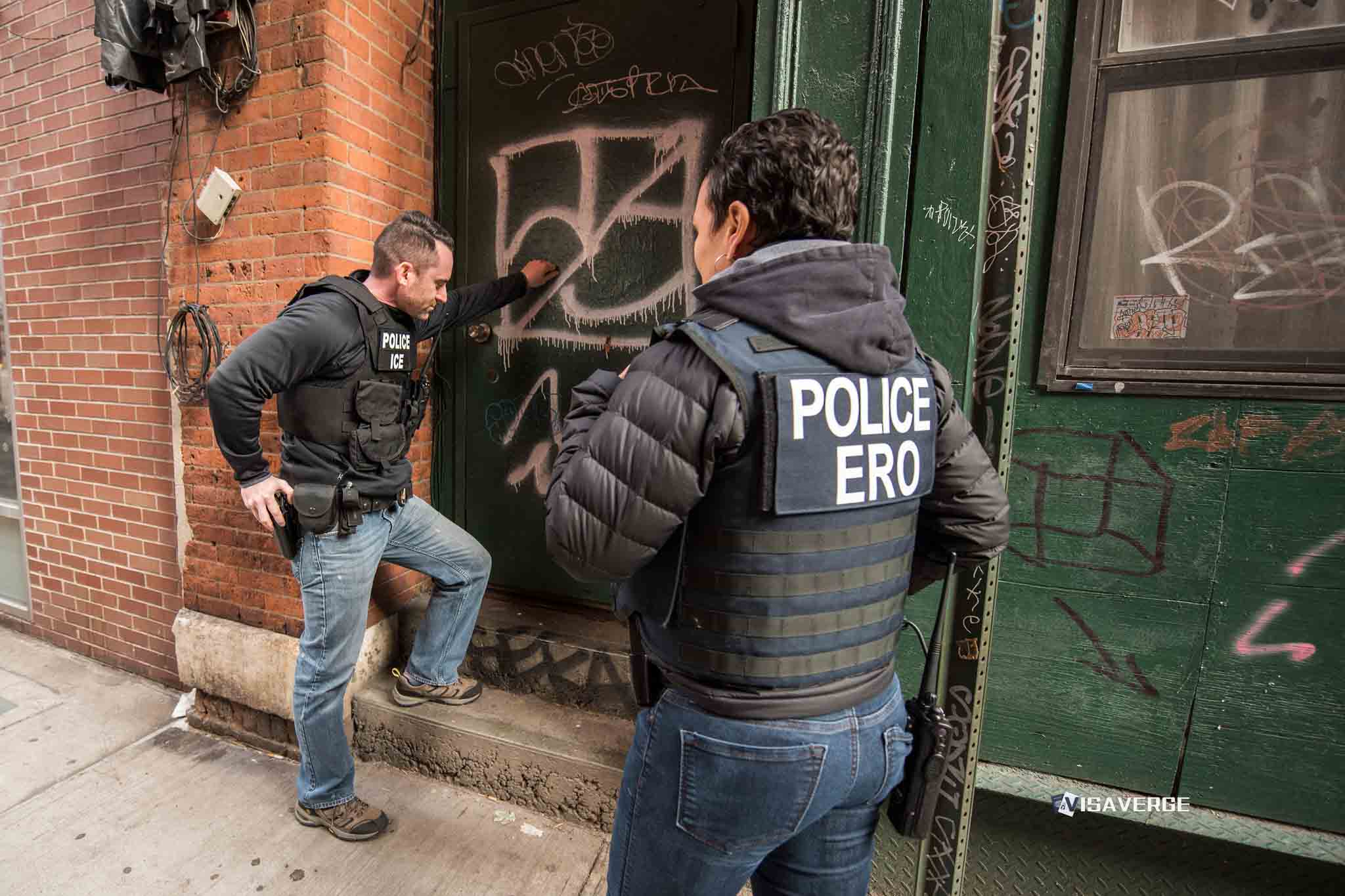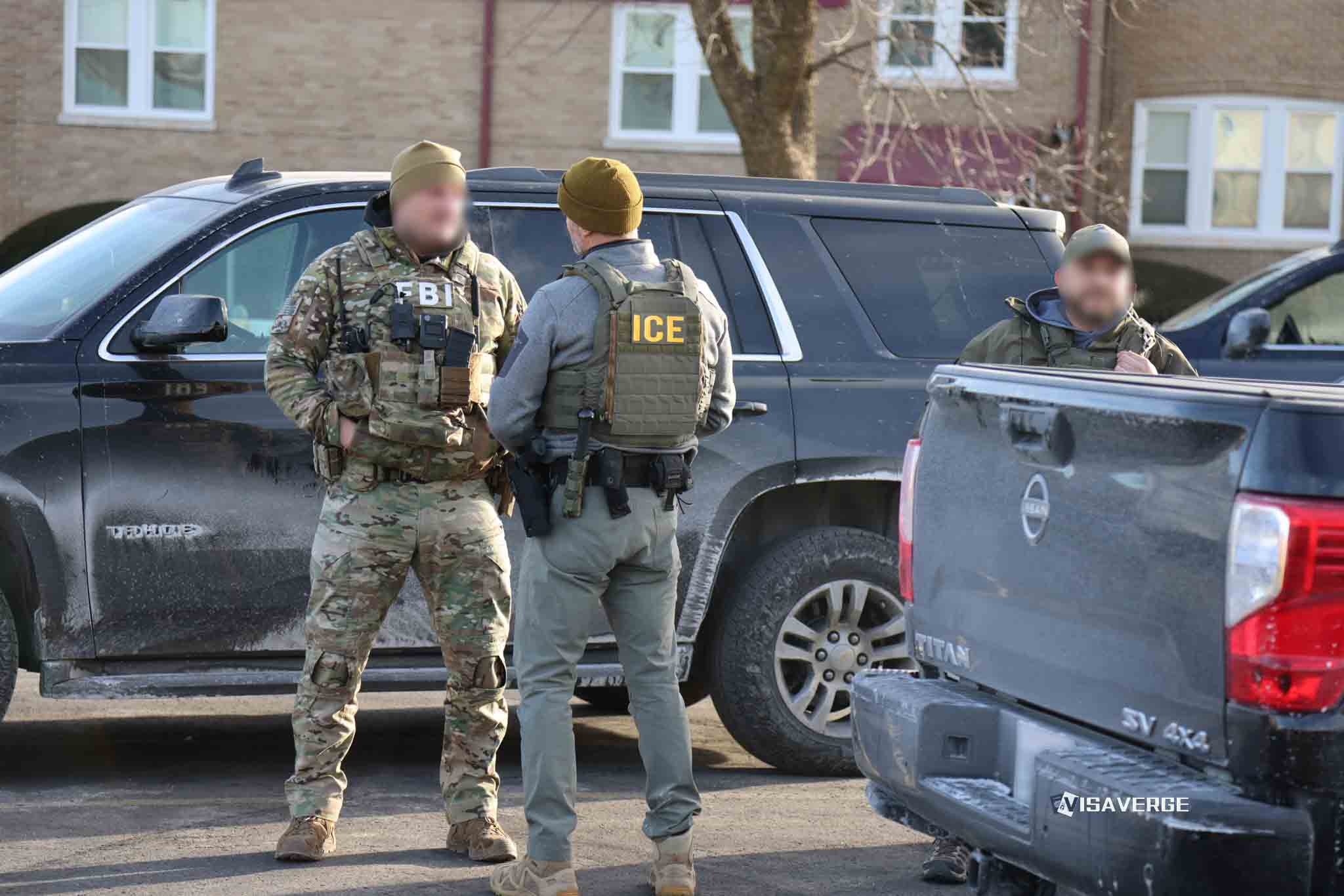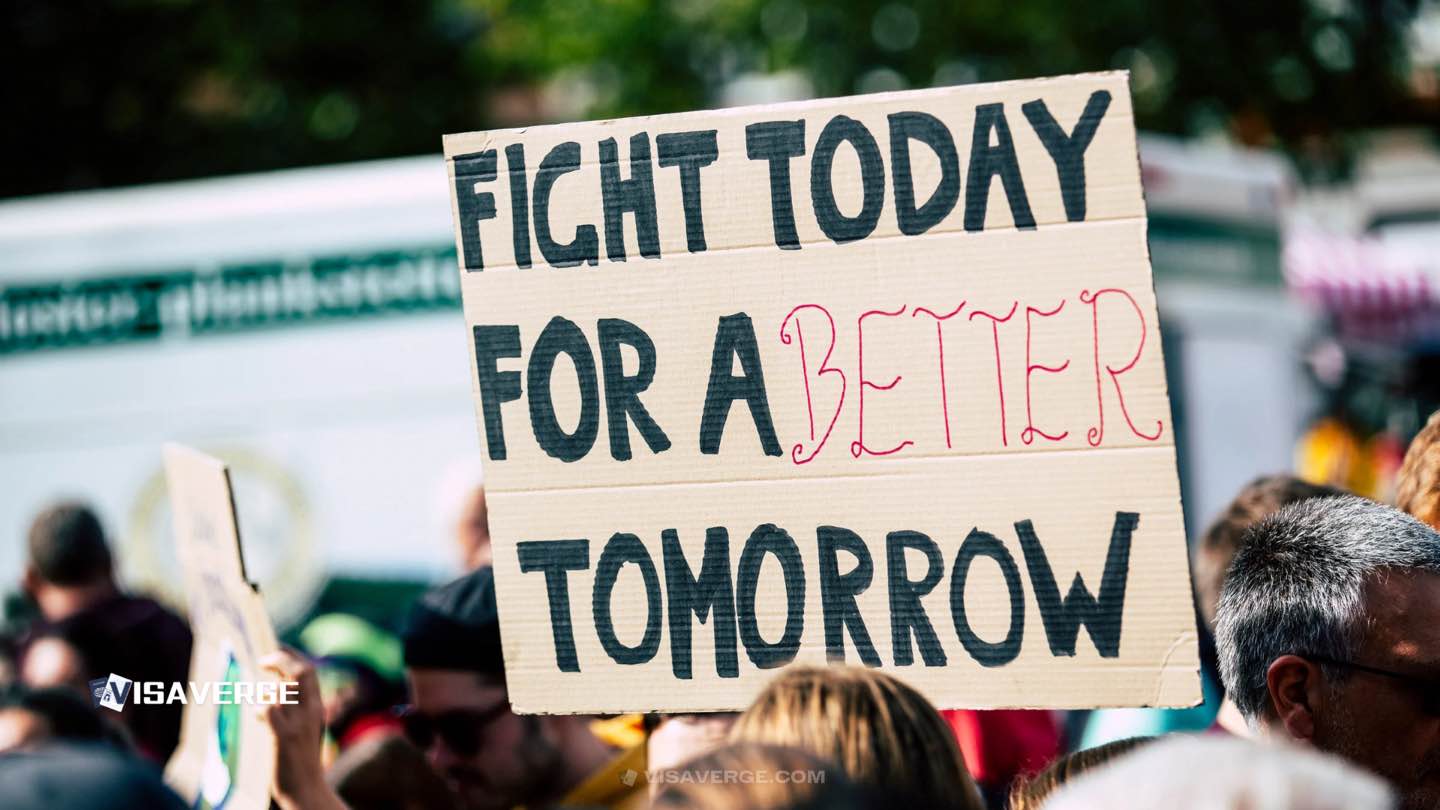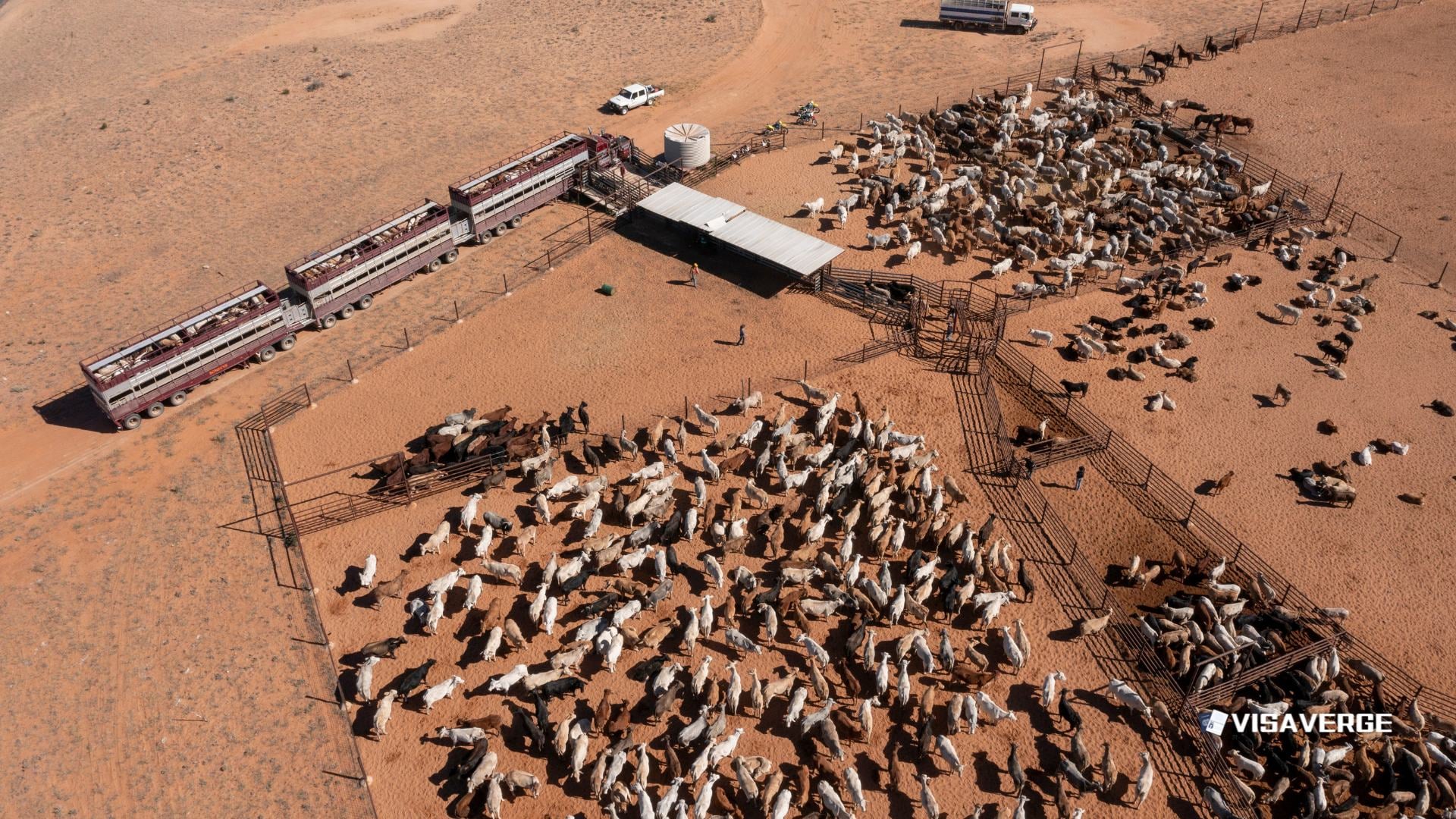Extreme heat in Southern California is always a challenge, but in July 2025, the situation has become much worse for immigrant families. The combination of record-breaking temperatures and a new wave of ICE raids has created a crisis that affects health, safety, and basic human rights. This update explains what has changed, who is affected, what actions are required, and what the future may hold for those caught in the middle of these overlapping emergencies.
Summary of What Changed

In June and July 2025, federal immigration enforcement in Southern California intensified. ICE (Immigration and Customs Enforcement) and other agencies carried out large-scale raids across seven counties, including Los Angeles. These actions led to over 2,000 arrests in just one month. At the same time, the region faced dangerous heat waves, with temperatures reaching levels that can cause serious health problems or even death.
The fear of ICE raids has made the heat intolerable for many immigrant families. People are avoiding public cooling centers, shelters, and even hospitals because they worry about being detained or deported. This fear is not just about being caught without legal status—it is also about the aggressive and militarized tactics used by federal agents, which have included armored vehicles and mounted patrols in public parks.
Who Is Affected
The main groups affected by these changes include:
- Immigrant families living in Southern California, especially those without legal status or with mixed-status households (where some family members are citizens and others are not).
- Children, elderly people, and those with health problems who are more likely to suffer from heat-related illnesses.
- Workers in agriculture, cannabis, and service industries, who often work outside in the heat and may fear workplace raids.
- Community organizations and local governments trying to protect residents and provide public health services.
The impact is especially severe in Latino and immigrant communities, where the fear of ICE raids is strongest.
Effective Dates and Recent Developments
The most recent ICE raids took place in June and July 2025. The legal response was swift: on July 11, 2025, a federal court issued two temporary restraining orders (TROs) against the Department of Homeland Security (DHS) and ICE. These orders immediately restrict how immigration agents can operate in Southern California.
Key points of the TROs:
- ICE agents cannot stop people without reasonable suspicion—they must have a clear reason, not just a hunch.
- Agents cannot use racial or ethnic profiling—they cannot stop someone just because of their appearance, language, location, or job.
- Detainees must have access to legal counsel every day, including weekends and holidays, at the federal detention facility in downtown Los Angeles.
These court orders are temporary but have already changed how ICE can conduct raids and detain people in the region.
Required Actions for Affected Individuals
If you or your family are affected by these changes, here are some important steps to consider:
- Know your rights: You do not have to open your door to ICE agents unless they have a signed warrant from a judge. You have the right to remain silent and to speak with a lawyer.
- Stay informed: Follow updates from trusted organizations like the ACLU Foundation of Southern California and CHIRLA for the latest legal developments and support.
- Seek legal help: If you or someone you know is detained, ask for a lawyer immediately. The recent court order means you should have access to legal counsel every day at the downtown Los Angeles federal building.
- Plan for emergencies: If you must leave your home during a heat wave, try to go with a trusted friend or family member. Know where local cooling centers are located, but be aware of the risks and check for any updates on enforcement activity in those areas.
- Document everything: If you witness or experience an ICE raid, write down details such as time, place, and what happened. This information can help advocacy groups and lawyers challenge unlawful actions.
Implications for Pending Applications
For those with pending immigration applications, the current environment may increase anxiety and uncertainty. Here’s what you need to know:
- Enforcement actions do not automatically affect pending applications, but being detained or deported can interrupt the process.
- Legal representation is more important than ever. If you have a pending application, make sure your lawyer or accredited representative knows about any changes in your situation.
- Stay in contact with USCIS: If you move or change your address, update your information with U.S. Citizenship and Immigration Services (USCIS) using the official USCIS Change of Address page.
- Keep copies of all documents: Make sure you have copies of your application receipts, notices, and any communication with immigration authorities.
Details on Recent ICE Raids and Enforcement Tactics
The scale and style of the recent ICE raids have set them apart from previous years. According to reports, federal agents arrested more than 2,000 people in seven Southern California counties in just one month. These raids did not only target people with criminal records; many of those detained had no criminal history at all.
Federal agents have used militarized tactics, including armored vehicles and mounted patrols, especially in public spaces like MacArthur Park in downtown Los Angeles. These actions have been described as intimidating and have increased fear in the community. Many people now avoid public spaces, even when they need help to stay safe from the heat.
Legal and Policy Developments
The legal pushback against these enforcement actions has been strong. Multiple advocacy groups, including the ACLU Foundation of Southern California and CHIRLA, have filed lawsuits against DHS and ICE. They argue that the raids involve unlawful stops, racial profiling, and denial of access to legal counsel.
The federal court’s temporary restraining orders (TROs) are a direct response to these lawsuits. The court found that ICE’s actions may violate constitutional rights, especially the right to be free from unreasonable searches and seizures and the right to legal representation.
California state officials have also taken a stand. They have filed amicus briefs (legal documents supporting one side in a case) in favor of the TROs. Local leaders, including Los Angeles Mayor Karen Bass, have publicly condemned the raids and called for accountability.
Stakeholder Positions
Here’s a summary of what key stakeholders are saying:
- DHS spokesperson Tricia McLaughlin defends the raids, saying they target criminals and do not involve racial profiling. She emphasizes that the focus is on legal status.
- Los Angeles Mayor Karen Bass strongly condemns the raids, saying they involve racial profiling and create fear in the community. She demands accountability from federal agencies.
- Angelica Salas, director of CHIRLA, calls the raids racially motivated and unconstitutional, saying they damage the dignity of the community.
- Federal courts have issued orders to protect constitutional rights and prevent unlawful stops and denial of counsel.
- Advocacy groups are suing DHS and ICE, pushing for respect for immigrant rights and access to legal help.
Practical Effects on Families and Communities
The combined effect of heat and fear of ICE raids is severe:
- Avoidance of public cooling centers and shelters: Many families are staying home, even when it is dangerously hot, because they fear being picked up by ICE. This puts them at higher risk for heat stroke, dehydration, and other health problems.
- Social isolation and mental health stress: The fear of raids leads to isolation, anxiety, and depression. People are afraid to visit friends, go to work, or seek medical care.
- Limited access to legal counsel for detainees: While the recent court order improves access to lawyers at the downtown Los Angeles federal building, many detainees still struggle to get the help they need.
- Job insecurity: Workers in agriculture, cannabis, and service industries are worried about losing their jobs or being detained at work. This disrupts local economies and makes it harder for families to stay afloat.
Background and Historical Context
The roots of this crisis go back to 2017, when the Trump administration began a policy of aggressive immigration enforcement. These policies have continued, with some changes, through 2025. Southern California, with its large immigrant population, has been a main target for these actions.
While there have been ICE raids in the past, the scale and militarization of the 2025 raids are new. This has led to stronger legal challenges and more visible community resistance.
Future Outlook and Pending Developments
Looking ahead, several things could change the situation:
- Federal government appeals: The government may appeal the TROs, leading to more court battles over how ICE can operate in Southern California.
- State and local action: California officials and local governments are likely to keep fighting to limit ICE’s authority and protect residents.
- Public health outreach: Health agencies may step up efforts to reach immigrant communities and help them stay safe during heat waves, even as fear of enforcement remains high.
- Calls for immigration reform: Advocacy groups are pushing for changes to federal law to address the root causes of fear and instability.
Official Resources and Contacts
If you need help or want more information, here are some trusted resources:
- ACLU Foundation of Southern California: Offers legal support and updates on immigration enforcement litigation. ACLU SoCal Immigration Rights
- Coalition for Humane Immigrant Rights (CHIRLA): Provides community advocacy and legal assistance. CHIRLA
- Los Angeles County Department of Public Health: Shares information on heat safety and cooling centers. LA County Public Health
- Department of Homeland Security (DHS) Public Affairs: Posts official statements and enforcement updates. DHS Immigration Enforcement
For those seeking to update their address or check the status of their immigration applications, the official USCIS website is the best place to start.
What This Means for Immigrant Families
The current situation in Southern California is a clear example of how immigration enforcement can affect every part of daily life. The fear of ICE raids is not just about legal status—it is about safety, health, and the ability to live without constant worry. When families avoid public places during dangerous heat waves, the risk of serious illness or death goes up.
The recent court orders are a step toward protecting rights, but the situation remains tense. Many families are still afraid to seek help, and the threat of more raids hangs over the community.
Actionable Takeaways and Next Steps
- Stay connected: Follow updates from trusted organizations and local news sources.
- Know your rights: Learn what to do if you encounter ICE agents. The ACLU and CHIRLA have resources in multiple languages.
- Prepare for emergencies: Have a plan for heat waves, including safe places to go and people to contact.
- Seek legal help: If you or someone you know is detained, ask for a lawyer right away.
- Report abuses: If you see or experience unlawful enforcement actions, document them and contact advocacy groups.
Conclusion
The intersection of extreme heat and aggressive immigration enforcement has created a crisis for immigrant families in Southern California. The fear of ICE raids makes the heat intolerable, leading to serious health risks and deepening social isolation. Legal challenges have brought some relief, but the situation remains uncertain.
As reported by VisaVerge.com, the ongoing legal battles and community responses will shape the future for thousands of families in the region. For now, staying informed, knowing your rights, and seeking help when needed are the best ways to protect yourself and your loved ones.
For official updates on immigration enforcement and your rights, visit the Department of Homeland Security’s immigration enforcement page. Stay safe, stay informed, and remember that support is available even in these difficult times.
Learn Today
ICE → Immigration and Customs Enforcement, federal agency enforcing immigration laws and conducting raids.
Temporary Restraining Orders (TROs) → Court orders temporarily limiting ICE actions like stops without reasonable suspicion.
Reasonable suspicion → Legal standard requiring specific facts to justify stopping or detaining someone.
Militarized tactics → Use of armored vehicles and mounted patrols by ICE during raids to intimidate communities.
Pending applications → Immigration requests waiting for approval that can be disrupted by detention or deportation.
This Article in a Nutshell
Southern California’s extreme heat and intensified ICE raids created a crisis in July 2025. Over 2,000 arrests, fear, and court restrictions highlight urgent health and legal challenges for immigrant families in the region.
— By VisaVerge.com













